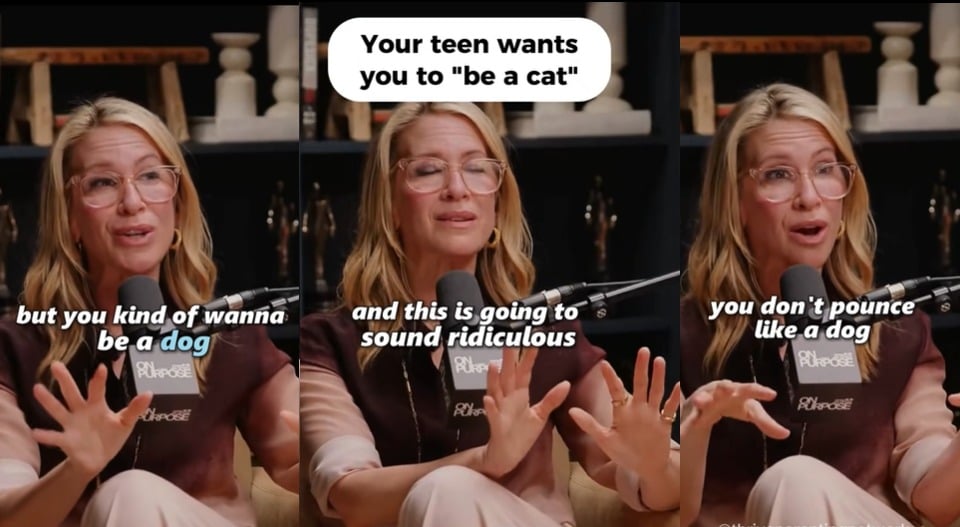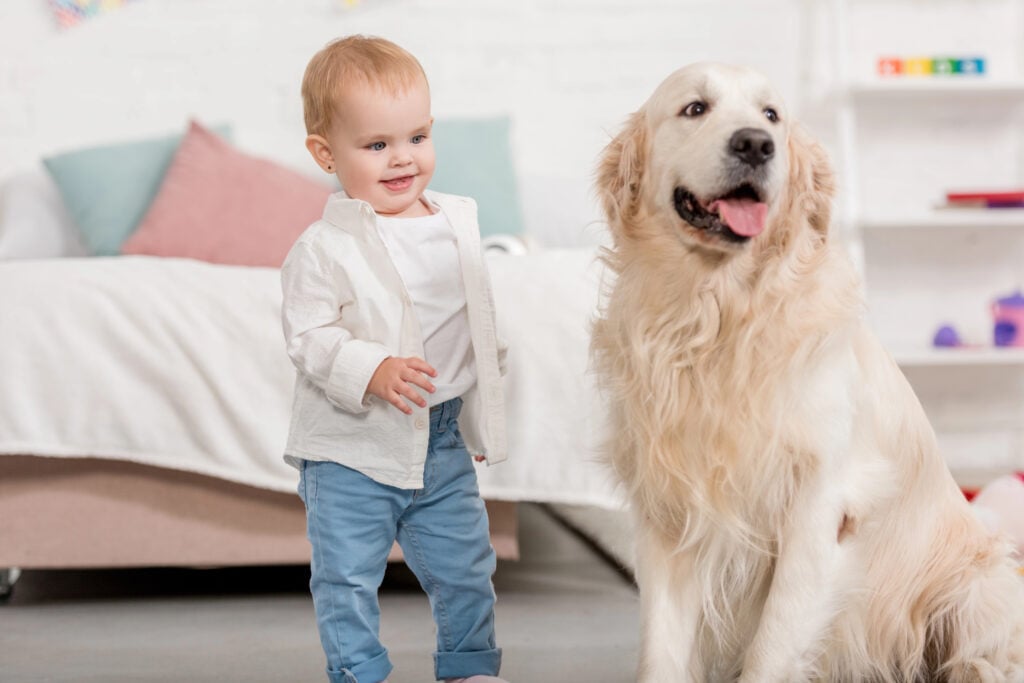
We all know about “cat people” and “dog people” and, of course, “I’ll pet anything if it will let me” people, but that’s another story. What about cat and dog parenting?
When we describe people’s personalities based on the animal they prefer, we’re really talking more about the animal’s behavior than the owners’. For instance, dogs tend to be adoring worshipers who could formulate their whole lives around making their humans happy, while cats can be much more aloof, even though they still love their humans and show it.
Actually, that’s precisely what Dr. Aliza Pressman is talking about when she describes “cat parenting” and “dog parenting” — and she says there’s a time for each.
What Is Dog Parenting?

Let me get this out of the way at the beginning: every pet is unique, just like every human. Throughout this article, when I mention traits dogs or cats exhibit, we all know that there are exceptions — these are just the traits commonly seen in and attributed to the relevant animal, not necessarily universal.
When you wake up, your dog is excited to see you. When you suggest a walk, he almost falls over from wagging his tail so hard. If you’ve been out of sight for a whole minute, he’s as excited to see you as if you’d come back from a week’s vacation. If you leave the room, he follows you, and if you ask him to play video games or build a Lego set with you, he’d probably try to grow opposable thumbs so he could do it.
Dr. Aliza, speaking on a podcast, explained that she thinks of parenting young kids as like caring for a dog. Be right there next to them, enthusiastic, “wagging your tail” all the time (well, as much as possible).
For little kids, this is reassurance, comfort, and protection.
What Is Cat Parenting?
For tweens and teens, though, Dr. Aliza recommends parenting more like you’re a pet cat.
If you call your dog’s name, he’s at your feet (if not in your lap licking your face) before you finish speaking. If you call your cat, he might poke his head in the doorway, look around, look at you as though to make sure you really meant to call, and then gradually make his way over and lightly rub against your ankle.
If you move your leg, you probably find your dog. If you look for your cat… well… your cat is probably close, but maybe not sitting by your side, waiting to be needed.
Dr. Aliza says this better fits the needs of older kids. You’re available when they need you, but you’re not (metaphorically speaking) in their lap all the time. You show up when called, and maybe you make a point of being present at mealtimes. You’re available for a hug, but not licking their face (again, metaphorically speaking).
“It’s this safe thing, where you’re there for them, but it’s not so intense, and then they have the opportunity to open up a little bit, and when they do, you don’t pounce like a dog.”
Building Independence With Support
What Dr. Aliza is describing here is the same concept as ‘scaffolding’ in teaching. She’s talking about providing intensive support as long as it’s needed, then gradually backing off and letting your child come to you a little more.
She suggests that if you “pounce” when teens tell you something, you send the message that you aren’t emotionally equipped to handle what’s going on with them, and that teens can sometimes internalize that message and decide that you’re no longer the person to turn to with their problems.
We definitely want our teens to bring us their concerns, feelings, and support needs, so this is a solid strategy.
Dr. Aliza Pressman has a podcast called Raising Good Humans, where she shares parenting principles from teaching forgiveness and kindness to dealing with tantrums to practical tips for parenting highly sensitive children.
You can see her explain her concepts of “cat parenting” and “dog parenting” in the clip below from the Thrive Parenting Network.

